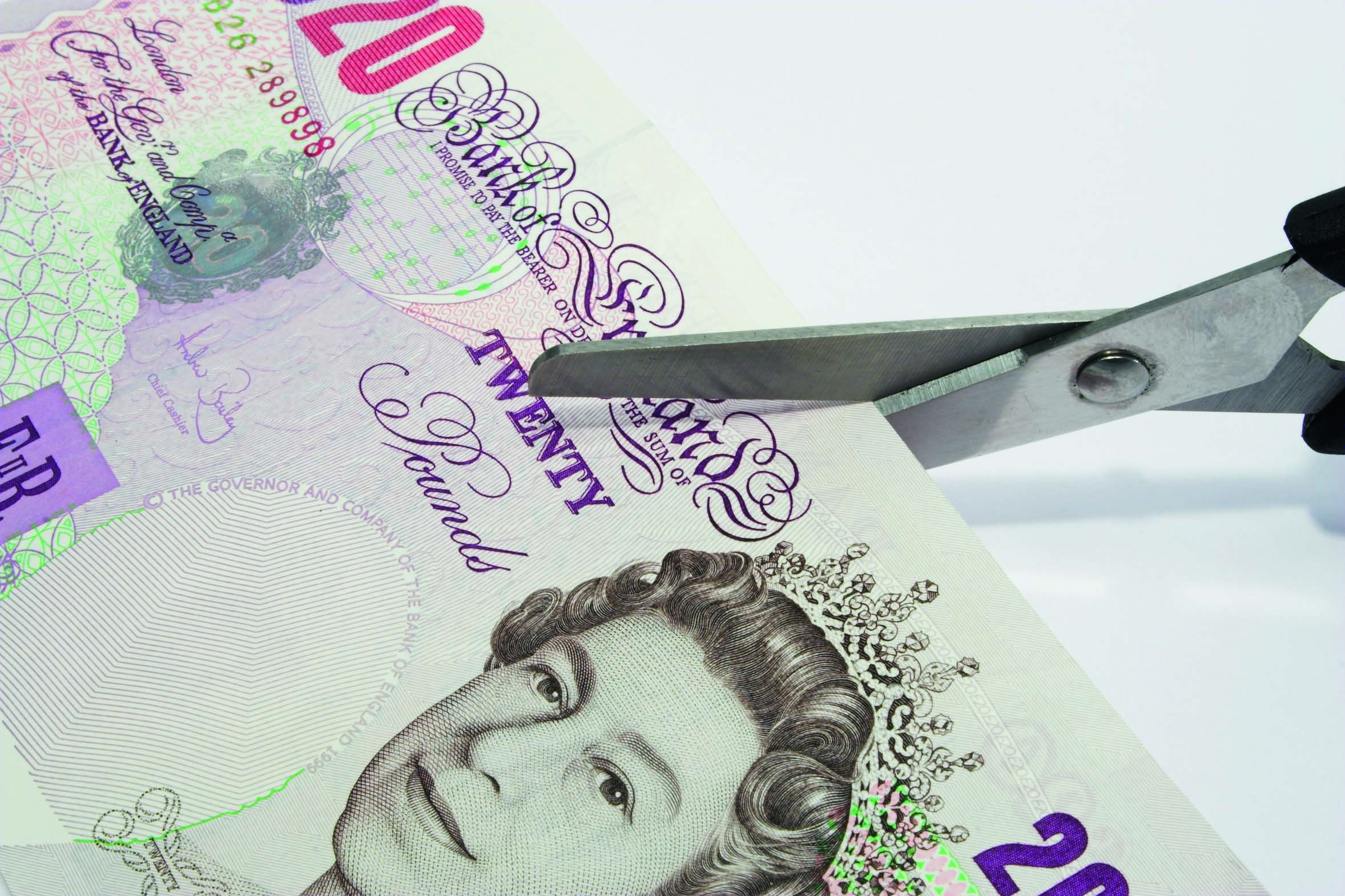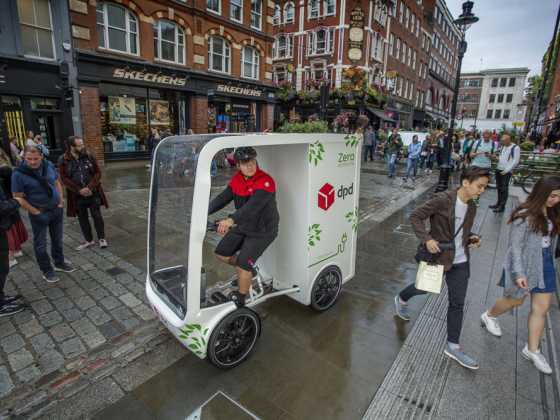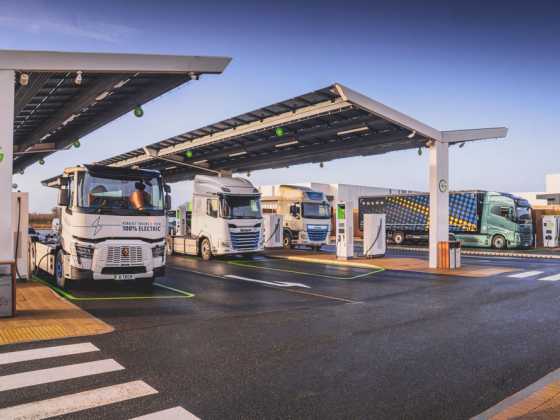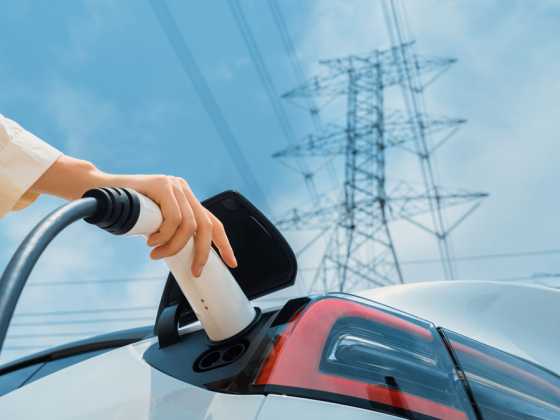Spring Budget 2017: What it means for fleets

The Spring Budget has outlined investment into the electric vehicle sector and a freeze on fuel duty tax, but new VED rates will still go ahead
The Chancellor announced in the Budget yesterday, 8 April, that £270 million is set to be put into the design of electric vehicle batteries to increase their appeal, as well as driverless vehicles.
This is part of plans to “kick-start the development of disruptive technologies”, which also includes artificial intelligence and robotic systems that will be operated in hazardous environments.
Chancellor Philip Hammond said in his statement that the investment will be used to “keep the UK at the forefront of disruptive technologies like biotech, robotic systems and driverless vehicles”.
There was more positive news for motorists as the Budget revealed that fuel duty has been frozen at its current price until 2018.
The freeze, which was originally announced in last year’s Budget, means that fuel will stay at 57.95p per litre for its seventh consecutive year.
In addition to this, a freeze for both the VED rates for hauliers and the HGV Road User Levy was announced.
But, to the disappointment of some drivers, the new VED rates, which take place from 1 April 2017 for newly registered cars, will still be in place and will increase by Retail Prices Index (RPI).
The BVRLA chief executive, Gerry Keaney, stated that the new VED prices “do little to support the government’s green agenda or tackle the growing air quality crisis”
He continued: “The Chancellor chose not to defer the introduction of new Vehicle Excise Duty rates which come into force next month.
“As a result, the car hire industry will see its first-year VED bill rise by almost 400 per cent in 2017”
The government is also considering exploring “the appropriate tax treatment for diesel vehicles” and a detailed plan on improving the UK’s air quality will be published in the Spring.
In addition to this, the government will “engage with stakeholders ahead of making any tax changes to Autumn Budget 2017”.
The Chancellor, however, made no reference to details regarding reforms on the tax and NICS on salary sacrifice and cash or car allowances.
The new rules will come into effect on 6 April and will mean that employees that wish for a salary sacrifice arrangement or are taking a company car in lieu of a cash alternative will pay tax on the higher of the company car benefit value, and the salary sacrificed or cash allowance will be dissolved.
More clarification on this matter was expected to be published in the Spring Budget, but instead, it is likely to be included in the Finance Bill on 20 March for final details.
The Society of Motor Manufacturers and Traders (SMMT), chief executive Mike Hawes, also commented on the Budget announcement, stating that “long-term government support is essential” in retaining the position as the UK number one electric vehicle market in Europe.
He continued: “The automotive industry is investing significantly in new technology to address the issue of air quality so we look forward to working with the government to encourage the uptake of the latest, low emission vehicles regardless of fuel type.”
However, Hawes went on to say that UK Automotive plays a “critical role in the country’s economy, but future success will depend upon maintaining competitiveness”.
“It's disappointing, therefore, that the Chancellor hasn’t prioritised additional funding for supply chain development, nor addressed the flaw in business rates that disincentivizes investment in plant and machinery.”






